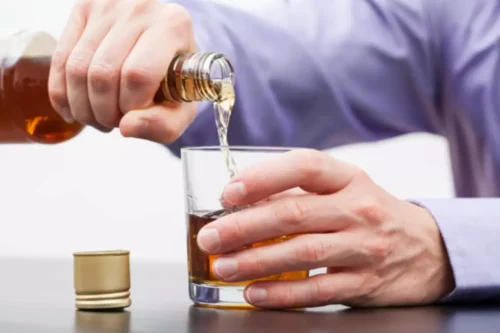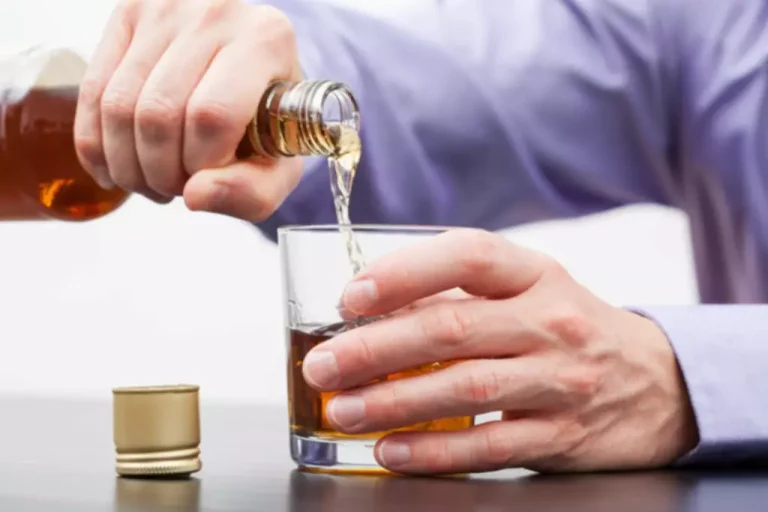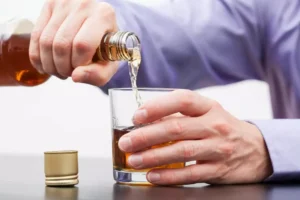Group Therapy & Activities for Substance Use Recovery
- September 6, 2024
- Sober living
- Posted by vasu dev
- Leave your thoughts

When people attend group therapy or peer meetings on a regular basis, they can develop friendships and build community, which reduces feelings of isolation or loneliness and reduces the risk of relapse. Most addiction treatment centers, from smaller outpatient facilities to comprehensive centers with residential options, offer some form of group therapy or peer support. Recovery is as much about building a new life as it is about leaving an old one behind. Financial management and budgeting classes address a critical need for many in recovery. Addiction often wreaks havoc on personal finances, and learning to manage money responsibly is a crucial step towards independence and stability. These workshops cover everything from creating a budget to understanding credit scores and planning for the future.
Mindfulness Meditation
They’re also great opportunities to expand one’s sober network and build friendships that support long-term recovery. Adventure therapy and outdoor challenge activities push the boundaries of traditional recovery group activities. Imagine a group of recovering addicts conquering a high ropes course, learning to trust themselves and each other as they navigate obstacles high above the ground. These experiences build confidence, promote problem-solving skills, and create lasting memories that can serve as touchstones during challenging times. Journaling workshops have become a staple in many recovery groups, offering a private yet guided space for documenting the recovery journey.

Best CBT Group Activities Essential For SUD Treatment
Exposure therapy reduces relapse triggers by up to 32% according to Foa et al., 2008, in “Prolonged Exposure Therapy for PTSD”. REBT, developed by Dr. Albert Ellis, focuses on addressing irrational beliefs Sobriety and self-defeating thoughts that lead to destructive behaviors. Similarly, CBT emphasizes identifying and changing maladaptive thought patterns to promote healthier behaviors, while DBT helps clients regulate intense emotions and improve interpersonal relationships.
Art Therapy Ideas for Addiction: Creative Approaches to Recovery
Creating personalized coping strategy toolkits is like assembling a superhero utility belt for recovery. Each person curates a collection of techniques and resources that work best for them. It’s empowering to know you’ve got a arsenal of strategies at your fingertips when challenges arise. For those who prefer the written word, journaling workshops offer a safe space to pour out thoughts and feelings onto paper. Guided writing exercises help participants explore their inner landscape, often uncovering insights that might otherwise remain buried. Acknowledging and celebrating small achievements can boost morale and motivation in recovery.

Exposure Therapy, another widely used approach, supports clients in confronting and reducing their reactions to addiction-related triggers. In addiction treatment centers, one such discussion prompt may be to identify what is a trigger for addiction. In exploring triggers, coping strategies are introduced or explored similarly. A participant may be asked to identify a pattern, if one exists, in their trigger and then a coping strategy to manage said trigger. These techniques help participants build resilience, develop effective coping strategies, and stay committed to their recovery goals.
- Therapists with advanced certifications in addiction care tend to charge at the higher end of this range, particularly for individualized and specialized services.
- She has a Bachelor’s degree in Psychology and a Master’s degree in Social Work.
- This topic encourages members to spend time outdoors, organizing group outings or discussing simple ways to connect with nature in daily life.
- Using visualization techniques, individuals can create mental images of their desired life, which aids in promoting a positive mindset and resilience.
A therapist aims to reshape your thoughts towards a more positive perspective for better behavioral outcomes. Keep reading to learn specific activities that can help your clients in a group therapy session. Then write about or discuss how these emotions might serve you, such as the way your depression forces you to slow down and rest when you’re overwhelmed.
Recovery from substance abuse is strengthened through shared https://ecosoberhouse.com/ experiences, practical skills, and supportive connections. This list of 50 group activities is designed to empower individuals on their journey by building self-awareness, enhancing coping strategies, and fostering a sense of community. Goal setting in addiction therapy involves establishing clear, measurable recovery goals in collaboration with the client.
- Individual therapy for addiction treatment is a personalized, one-on-one approach designed to help individuals address the psychological, emotional, and behavioral aspects of addiction.
- Coping skills workshops are super helpful in substance abuse recovery because they equip attendees with tools to manage stress and anger, fostering healthier ways to cope.
- Our helpline is available 24 hours a day, 7 days a week at no cost to you and with no obligation for you to enter into treatment.
The Magic of Shared Experiences
Participants support and nurture each other like a family by reinforcing good behaviors and helping each other cope during difficult tasks. These groups further encourage exploration of emotional and interpersonal conflicts, confrontation about denial and harmful behaviors, and discussion about responsibilities and limitations. They add structure to chaotic lives and provide a safe environment in which to practice newly developed skills.

- Participants are invited to share stories related to their addiction and recovery journey.
- Here are 13 experiential therapy activities that can be used in group settings to facilitate healing and growth for those recovering from addiction.
- This topic explores strategies for identifying early warning signs and developing a personalized relapse prevention plan.
- Clients weigh in on the issues of others in order to offer suggestions or provide outside perspectives, broadening the individual’s understanding of the conflict.
- This activity helps members define short-term and long-term goals, creating actionable steps to achieve them.
- Group therapy fosters meaningful relationships and support networks among participants, enhancing their overall recovery journey.
This discussion emphasizes seeing setbacks as steps for growth, building resilience, and fostering a positive approach to personal development. Group therapy can be used to explore and process a member’s triumphs, challenges, and relapses. Talking about these experiences in a group setting will not only benefit the client experiencing them, but also other members of the group who can learn from their experience. This group therapy ideas for addiction can include learning to cope with uncomfortable emotions and situations. Additionally, this can promote an environment where group members feel comfortable asking for help when they find themselves struggling.

Frequently Asked Questions Related To CBT Group Activities
These activities provide meaningful, actionable tools that help individuals grow, connect, and find purpose in a substance-free life. Also, ensure that the therapist provides a supportive, non-judgmental environment, as the therapeutic relationship is key to successful outcomes. For those in the Palm Beach area, consider Olympic Behavioral Health for individual therapy tailored to addiction recovery, as they offer comprehensive services suited to various client needs. Yes, individual therapy for addiction is effective, showing significant improvements in both substance use reduction and mental health outcomes.

